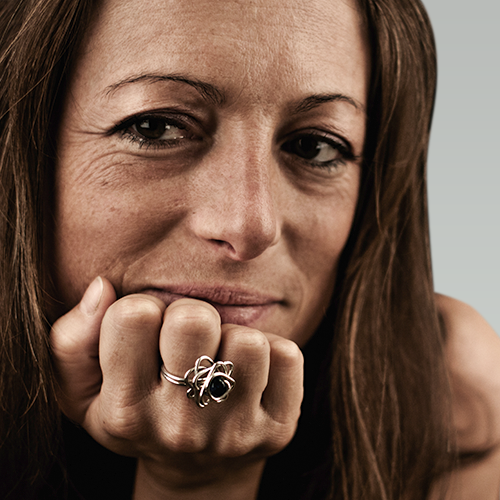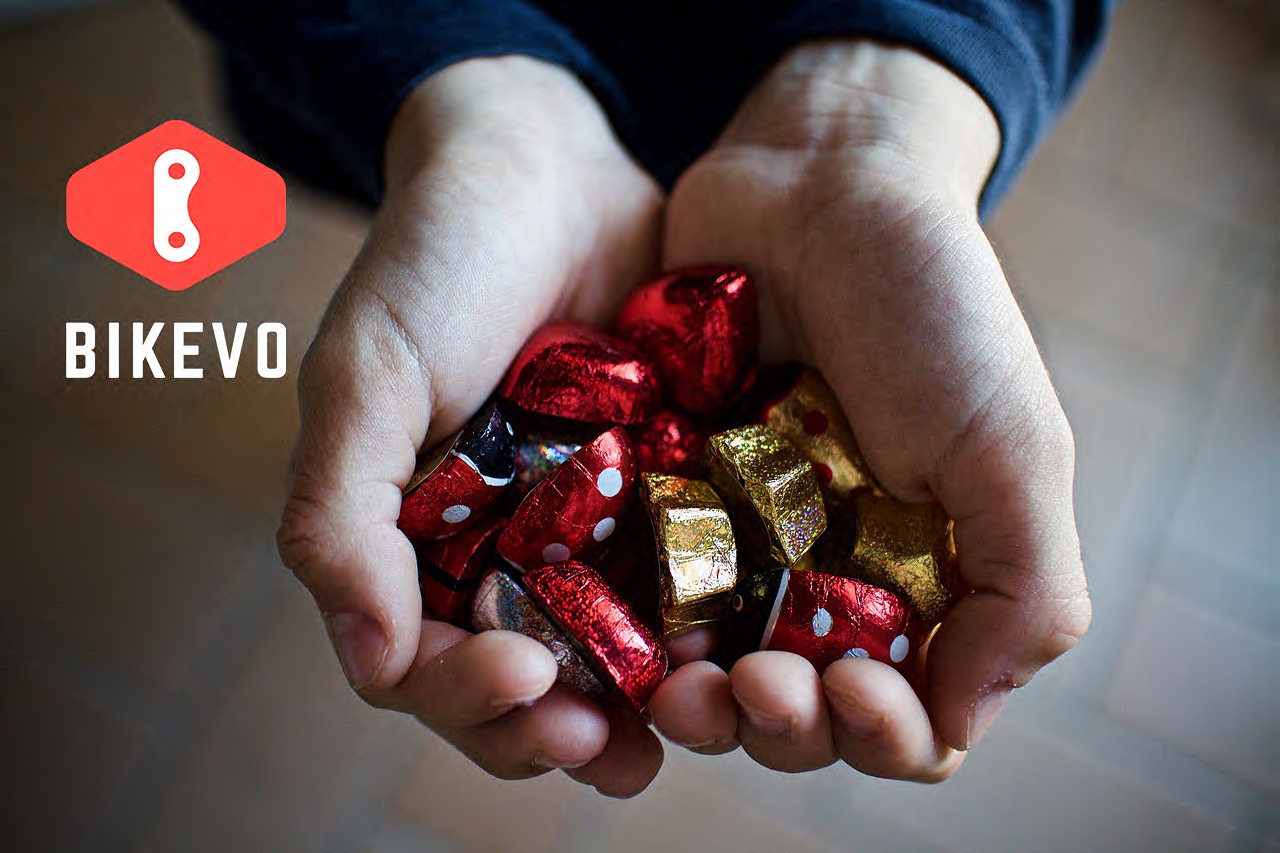That irresistible need to snack on something sweet such as a piece of chocolate (or five) when getting bike from our ride
One of the phrases I often hear (usually said while looking downwards as if they are confessing) is: “but you know, doctor, I have this bad habit of snacking!”.
That irresistible need to snack on something sweet such as a piece of chocolate (or five) or eating some slices of cheese when getting back from the office is often seen as an awful mania, something of which to be ashamed, a sort of condemnation of which you can’t save yourself.
Well, let's start by saying that the urge to eat sugary foods or foods that cause a rapid insulin response (such as dairy products or even salty snacks) is innate and is the result of evolution that selected the most “greedy” individuals during the Paleolithic era. In the Paleolithic the day was spent searching for food: those who did not feed enough were destined to die soon or otherwise had no strength (and / or desire) to reproduce. Those who were better at finding foods rich in energy (ripe fruit, sweet roots, honey stolen from raging bees) were stronger, healthier and reproduced more often. In short, we are children of the greediest cavemen! But the availability of food has changed. Sugary foods are available to everyone, easily within reach in the fridge or on a shelf. How can you resist?
There are two ways.
First of all, it’s very important not to go hungry between the main meals. Breakfast, should be a truly satiating meal and include all the key nutrients (carbohydrates, proteins, fats, fibers, vitamins and minerals). It may seem complicated for those who for years have been accustomed to drinking only some freshly brewed coffee. But gradually getting used to a hearty breakfast in the morning is the first step towards "liberating" yourself from your snack addiction. With a good breakfast, applying the tripartite plate of the GIFT diet (which will be discussed in the next articles), lunch and dinner will be easy to put together following the same principles.
The second trick is gradually getting used to the taste of natural food. We are surrounded by refined foods which are sweetened, flavored, and colored, to the point where we can no longer distinguish what they really taste like. We often hide behind the phrase "but fruit and vegetables no longer taste like they used to". In part this is true, but think about it: in the past we ate almost exclusively “real” food, so our sense of taste was not constantly "deceived" by industrial products: that's why an apricot or a tomato tasted so good! Try to savor the true and "sincere" flavors and if you will are constant and patient, you will gradually free yourself from the grip of your gluttony!

Tatiana Gaudimonte
You might also be interested in



